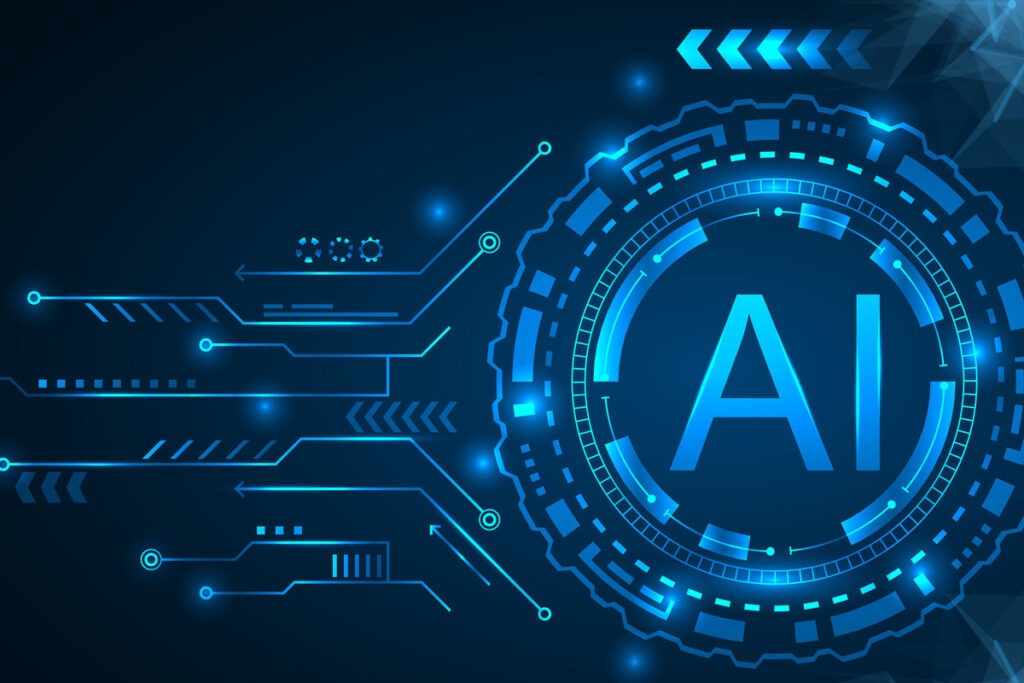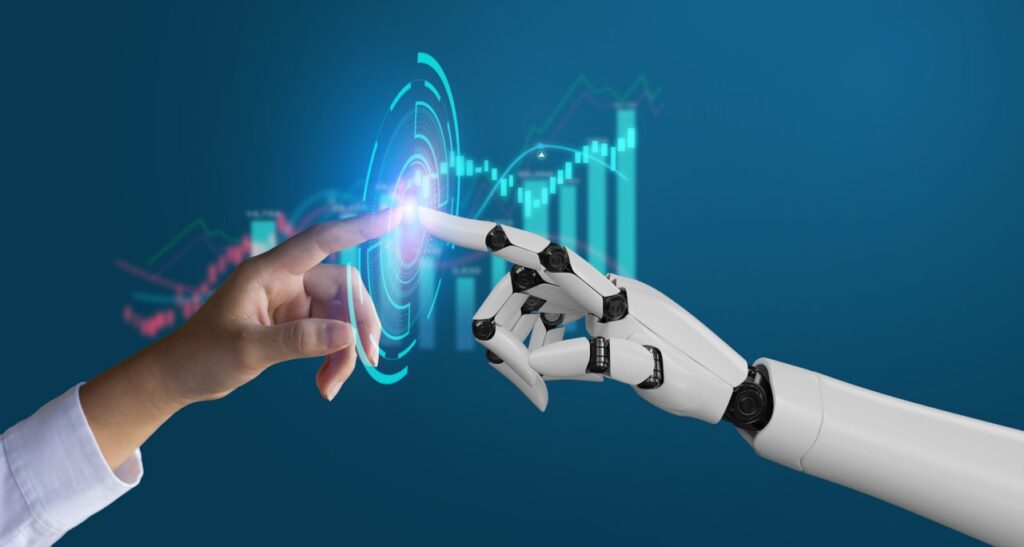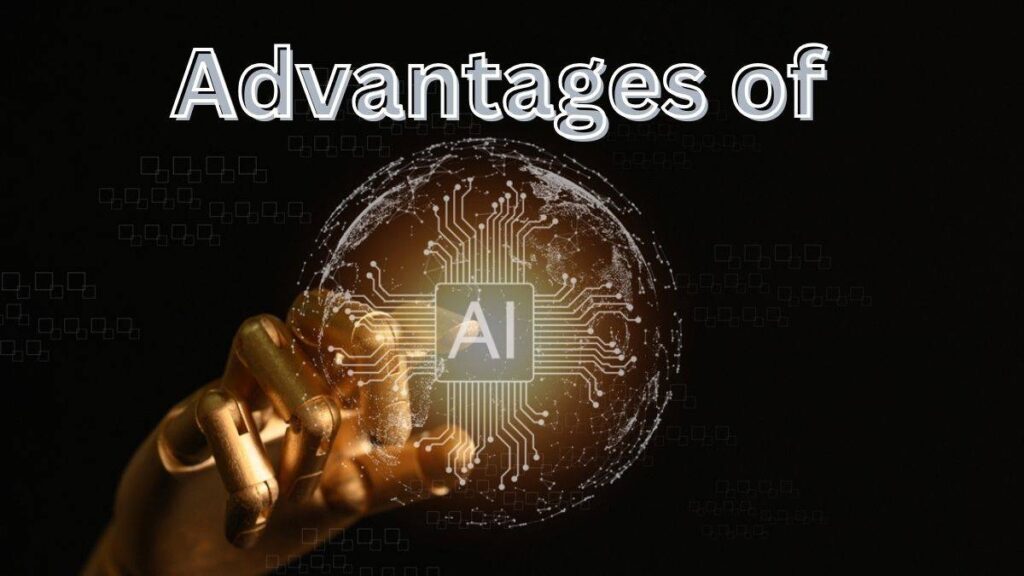
Artificial Intelligence (AI) has become one of the most transformative technologies of our era, shaping industries, redefining how we work, and influencing our daily lives. From voice assistants like Alexa to advanced automation in industries, AI has proven its ability to solve complex problems and drive innovation. However, as AI becomes more integrated into society, it’s essential to weigh its benefits against its potential challenges. In this blog, we’ll explore the pros and cons of AI, shedding light on its incredible potential as well as the ethical, economic, and social concerns it raises. Understanding both sides will help us navigate this ever-evolving technological landscape responsibly.
How Does Artificial Intelligence Work?

No longer a futuristic concept, artificial intelligence is revolutionizing the way machines perform tasks once limited to human capabilities. Essentially, artificial intelligence enables computers to process information, analyze data, and even make decisions with remarkable efficiency. While AI doesn’t possess the full cognitive abilities of the human brain, its ability to learn, adapt, and improve over time makes it a powerful tool for businesses and individuals alike.
The foundation of artificial intelligence lies in its design to achieve specific goals. Once trained on vast amounts of data, AI analyzes patterns, makes predictions, and refines its methods to enhance outcomes. This constant learning process allows AI to become smarter, driving innovations in healthcare, finance, transportation, and more.
However, this growing intelligence comes with both advantages and challenges. From boosting productivity and enhancing decision-making to concerns about privacy, job displacement, and ethical dilemmas, artificial intelligence presents a set of pros and cons worth considering. Understanding these aspects is crucial for navigating AI’s impact on organizations and society.
Pros Of Ai (Artificial Intelligence)

No longer a futuristic concept, artificial intelligence is revolutionizing the way machines perform tasks once limited to human capabilities. Essentially, artificial intelligence enables computers to process information, analyze data, and even make decisions with remarkable efficiency. While AI doesn’t possess the full cognitive abilities of the human brain, its ability to learn, adapt, and improve over time makes it a powerful tool for businesses and individuals alike.
The foundation of artificial intelligence lies in its design to achieve specific goals. Once trained on vast amounts of data, AI analyzes patterns, makes predictions, and refines its methods to enhance outcomes. This constant learning process allows AI to become smarter, driving innovations in healthcare, finance, transportation, and more.
However, this growing intelligence comes with both advantages and challenges. From boosting productivity and enhancing decision-making to concerns about privacy, job displacement, and ethical dilemmas, artificial intelligence presents a set of pros and cons worth considering. Understanding these aspects is crucial for navigating AI’s impact on organizations and society.
Artificial Intelligence (AI) has become a game-changing technology, transforming industries and enhancing the way we live and work. With its ability to learn, adapt, and make decisions, AI offers numerous advantages that drive innovation and efficiency. Let’s explore some of the key benefits of artificial intelligence and how it is reshaping the modern world.
1. Increased Efficiency and Automation
One of the most significant advantages of artificial intelligence is its remarkable ability to automate repetitive tasks. By efficiently handling these tasks with speed and precision, artificial intelligence not only saves valuable time but also minimizes human error. For instance, in the manufacturing sector, AI-powered robots optimize production lines, ensuring seamless operations and consistent output. Similarly, in customer service, AI chatbots provide round-the-clock support, addressing customer queries instantly and enhancing overall efficiency. This ability to streamline processes makes artificial intelligence an invaluable asset across various industries.
2. Improved Decision-Making
Artificial intelligence excels at processing vast amounts of data and identifying patterns that might go unnoticed by humans. This makes AI an invaluable tool for informed decision-making. For example, businesses use AI to analyze consumer behavior and market trends, while healthcare providers leverage AI to make accurate diagnoses and recommend personalized treatments.
3. Enhanced Productivity
AI tools can take over mundane and time-consuming tasks, allowing humans to focus on more strategic or creative activities. This leads to a significant boost in productivity across various sectors. From automating data entry to streamlining supply chain processes, AI ensures that resources are utilized more effectively.
4. Personalized Experiences
Artificial intelligence has revolutionized customer experiences by enabling personalization. AI algorithms analyze user preferences and behaviors to deliver tailored recommendations, such as product suggestions on e-commerce platforms or curated content on streaming services. This not only improves customer satisfaction but also drives sales and engagement.
5. Innovation Across Industries
AI fosters innovation by unlocking new possibilities in fields like medicine, finance, and transportation. For example, AI-driven drug discovery accelerates the development of life-saving treatments, while autonomous vehicles promise safer and more efficient transportation systems. In finance, AI-powered tools help detect fraudulent activities and optimize investment strategies.
6. Scalability and Cost-Effectiveness
AI systems can handle large-scale operations with minimal costs compared to human labor. This scalability makes artificial intelligence an attractive solution for businesses looking to expand operations without incurring excessive expenses.
Cons Of Ai (Artificial Intelligence)

Artificial intelligence (AI) has undoubtedly revolutionized the modern world, offering groundbreaking solutions across various industries. However, despite its many advantages, AI is not without its challenges. Understanding the disadvantages of artificial intelligence is crucial to ensure responsible adoption and development.
1. Job Displacement and Unemployment
One of the most significant disadvantages of artificial intelligence is its impact on employment. Automation driven by AI has replaced numerous routine and repetitive jobs, particularly in manufacturing, retail, and customer service. While this enhances productivity and reduces costs for businesses, it leaves many workers without jobs, raising concerns about income inequality and economic instability.
2. Lack of Human Emotion and Creativity
Although artificial intelligence can process vast amounts of data and even simulate human-like behavior, it cannot replicate genuine human emotions or creativity. Tasks that require empathy, intuition, or creative problem-solving are still better suited to humans. Relying heavily on AI for decisions in areas like healthcare or customer support may lead to impersonal interactions and errors due to a lack of emotional understanding.
3. High Implementation Costs
Another major disadvantage of artificial intelligence is the cost associated with its development, implementation, and maintenance. Developing sophisticated AI systems requires substantial financial investment, and ongoing maintenance can be equally expensive. Smaller businesses often struggle to adopt AI due to these high costs, widening the technological gap between large corporations and smaller enterprises.
4. Ethical Concerns and Bias
AI systems are only as unbiased as the data they are trained on. If the training data contains biases, the AI will perpetuate them, leading to unfair outcomes in areas such as hiring, law enforcement, and credit scoring. Additionally, ethical concerns arise when AI is used for surveillance, facial recognition, or weaponization, raising questions about privacy and misuse.
5. Dependency and Vulnerability
As we integrate artificial intelligence into critical systems, there’s a growing risk of over-reliance on these technologies. Technical failures, cyberattacks, or system errors can disrupt entire operations, causing significant harm. For example, an AI malfunction in a self-driving car or healthcare application could have life-threatening consequences.
Hope you enjoyed this blog.
checkout this blog also: Advanced Seo Strategies for 2025

Pingback: Top 10 Youtubers Of India